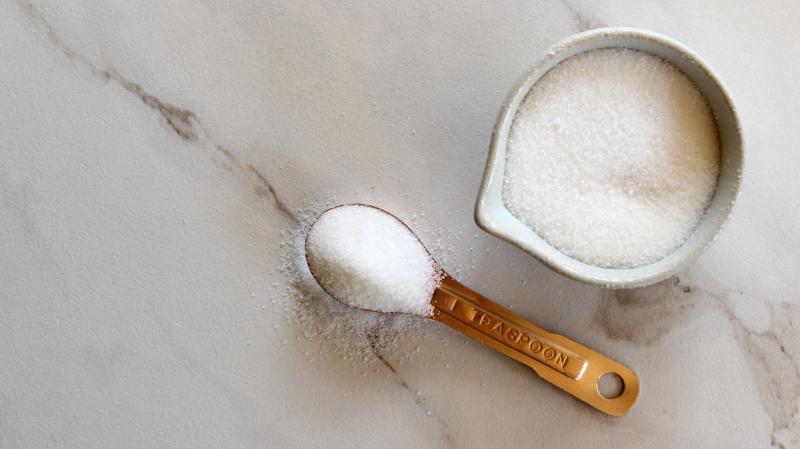Does the sugar pregnancy test really work?
The sugar pregnancy test is a homemade, do-it-yourself method that some people claim can detect pregnancy. However, it's important to note that there is no scientific evidence supporting the accuracy or reliability of the sugar pregnancy test. The test involves mixing a woman's urine with sugar and observing the reaction, such as the formation of clumps or changes in the sugar's appearance.
Here are several reasons why the sugar pregnancy test is not considered a reliable method for detecting pregnancy:
Lack of Scientific Basis: The sugar pregnancy test is not based on scientific principles, and there is no established scientific method to determine pregnancy by mixing urine with sugar.
Variability in Results: The outcomes of the test can vary widely, and there is no standardized interpretation of the results. Different individuals may interpret the test results differently.
Not Specific to Pregnancy: Changes in sugar appearance or clumping can be influenced by factors other than pregnancy, such as variations in urine composition, temperature, or the timing of the test.
No Validation or Standardization: The sugar pregnancy test has not undergone scientific validation or standardization. Unlike commercially available pregnancy tests, there are no controlled studies to support its accuracy.
Unreliable for Early Detection: Most reliable pregnancy tests, including urine-based tests, work by detecting the presence of human chorionic gonadotropin (hCG), a hormone produced during pregnancy. The sugar test does not measure hCG levels and is therefore not reliable for early pregnancy detection.
For accurate pregnancy testing, it is recommended to use commercially available and scientifically validated pregnancy tests, such as urine-based test kits or blood tests conducted in healthcare settings. These tests are designed to detect hCG levels, providing a more reliable and accurate indication of pregnancy.
If you suspect you might be pregnant, it is advisable to consult with a healthcare professional for appropriate testing and guidance. DIY methods, especially those without scientific validation, should not be relied upon for critical health decisions.
Is the sugar pregnancy test a reliable method for detecting pregnancy?
No, the sugar pregnancy test is not a reliable method for detecting pregnancy. It is a folk remedy that has been around for centuries, but there is no scientific evidence to support its effectiveness. The sugar pregnancy test involves mixing urine with sugar and observing the reaction. If the urine clumps together, it is said to be a positive test result. However, this reaction can also occur in the absence of pregnancy, so it is not a reliable indicator.
In contrast, home pregnancy tests are highly accurate when used correctly. They are based on the detection of human chorionic gonadotropin (hCG), a hormone that is produced by the placenta during pregnancy. Home pregnancy tests are very sensitive and can detect hCG levels as low as 25 mIU/mL, which is often present in the urine within a week or two of conception.
If you are concerned that you may be pregnant, it is best to take a home pregnancy test or see a doctor for a definitive answer.












